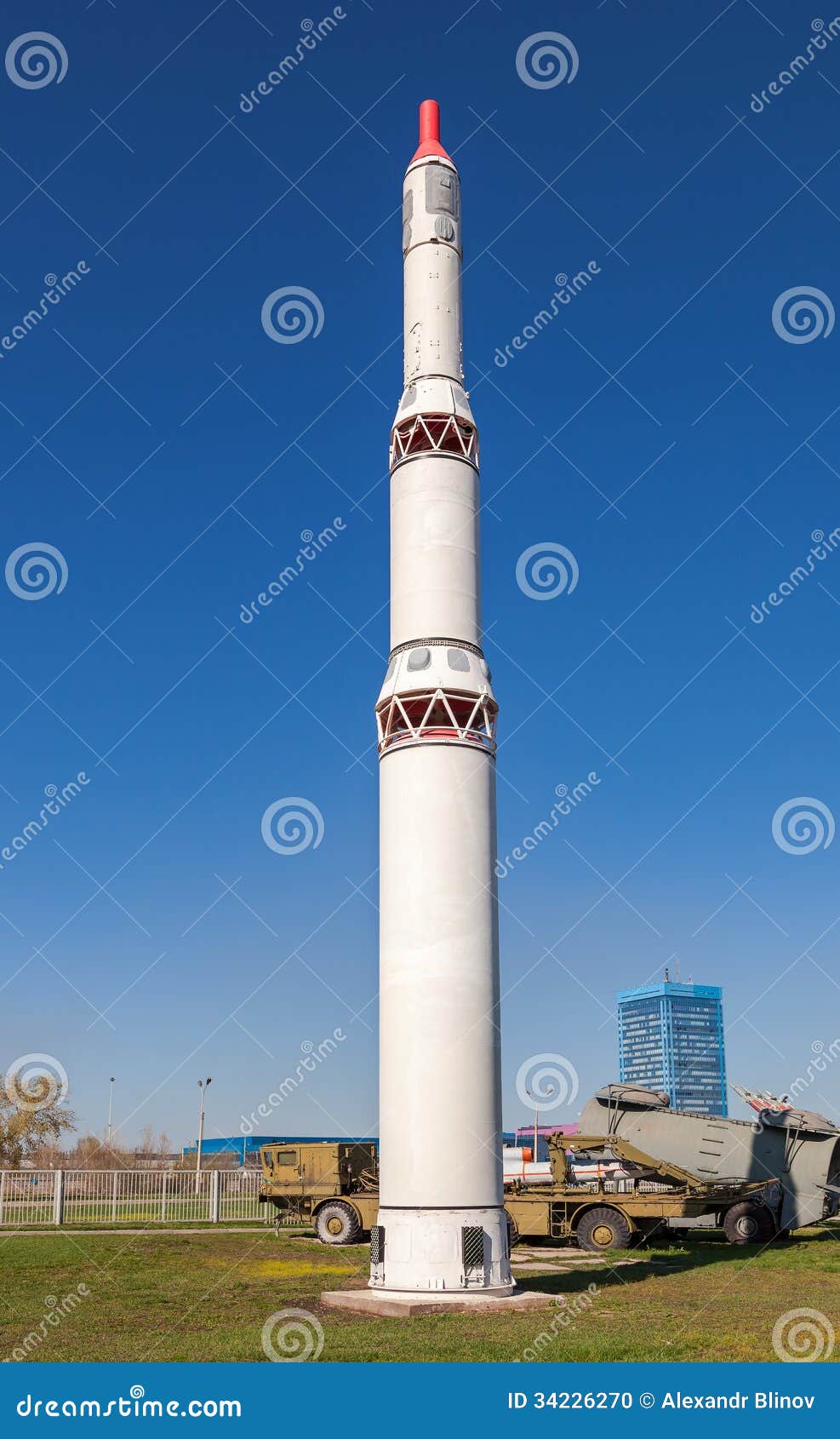
Waking from the slumber is of paramount importance.
If you were to survey many Australians, they would likely agree that the primary duty of the Australian government is to safeguard the nation’s defence. However, the concept of “Defence of Australia” is more complex than it initially seems.
While most Australians unquestionably support defending the mainland and safeguarding economic interests both in the Indo-Pacific region and globally, there’s a challenge in determining where the interests of defending Australia’s mainland intersect with its economic and strategic interests on a regional and global scale. This challenge is exacerbated by the current global landscape, which is marked by increased multipolarity and competition among major and emerging powers.
Former Prime Minister Paul Keating and strategic policy experts like Hugh White argue that Australia’s defence strategy predominantly revolves around its exclusive economic zone (EEZ). They suggest that beyond this zone, Australia relies heavily on the protection of “great and powerful friends” for its security.
The 2023 Defence Strategic Review (DSR) proposed a shift in defence posture, emphasizing a strategy of denial rather than direct defence against invasion. This entails leveraging long-range capabilities and future nuclear-powered submarines to control and deter hostilities in critical maritime corridors, notably the Straits of Malacca, Lombok, and Sunda.
However, critics like historian Alex McDermott and former foreign minister Alexander Downer argue that Australia’s defence strategy mirrors the isolationist tendencies of the 1930s. They highlight a historical reluctance to engage actively in global conflicts and a heavy reliance on alliances, particularly with the United States.
While there’s acknowledgment of the need to update defence capabilities, there’s also criticism that current strategies fail to address the evolving geopolitical landscape adequately. The focus remains on dominating the sea-air gap, reminiscent of strategies outlined in the 1987 Defence white paper.
To address these shortcomings, there’s a call for a more balanced approach to defence, moving away from a sole reliance on “great and powerful friends” towards developing serious and lethal defence capabilities. This shift requires a broader understanding of Australia’s role in the region and a commitment to investing in capabilities that can operate effectively both domestically and throughout the Indo-Pacific.
Moreover, there’s a recognition that economic resilience is vital for national security. Strengthening economic resilience is seen as a crucial aspect of deterrence against economic coercion from adversaries. This necessitates a long-term perspective and a willingness to invest in economic diversification and innovation.
Ultimately, Australia must engage in a transparent dialogue with its citizens about its defence strategy and broader geopolitical ambitions. This includes considering Australia’s role as a regional or even global power and the implications of such a positioning for current and future generations. Breaking away from short-term thinking and embracing a more long-term perspective is essential for Australia to navigate the challenges of the new era of great power competition successfully.



